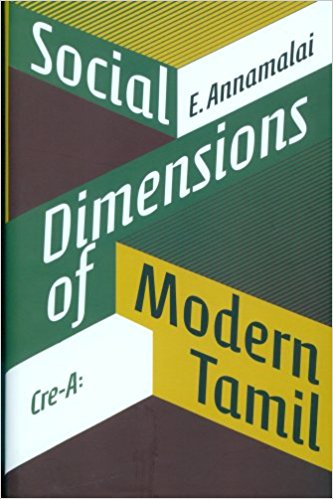Thomas Trautamnn, in his pioneering work, Languages and Nations: The Dravidian Proof in Colonial Madras (2006) demonstrated that the astounding ling-uistic discovery of familial relations between languages-the formulation of the Indo-Euro-pean and Dravidian families of languages -was an outcome of the interaction between western orientalists and indigenous Indian scholarship. Despite the racist political over-tones that the results of this ground-breaking scholarship acquired, especially with Nazism, the intellectual achievement of this scholarship has stood the test of time.
If comparative philology came to India through the British colonial route, modern western linguistics came through American imperialism. Unfortunately, the encounter between grammar and linguistics did not produce such fruitful results in the latter half of the twentieth century.
In the immediate aftermath of Pearl Harbour the US Govern-ment realized that it had no expertise in the Japanese language, which could give them access to Japanese thinking. (In the event it used the services of a person with some smattering of Japanese who later become a leading anthropologist at Chicago working on village India.) Not surprisingly therefore, after the end of World War II, the US state invested massively in an academic field that came to be called Area Studies, and thousands of Ameri-can scholars went all over the world to become area specialists. Acquisition of language was a major component of this exercise, and under-standably linguistics became an exalted discip-line. Scores of language manuals and aids which continue to be in use and of use were produced. The scholarship that area studies continues to generate, in many instances pro-vides quite reliable and often the only available knowledge on many communities and langua-ges of the world.

